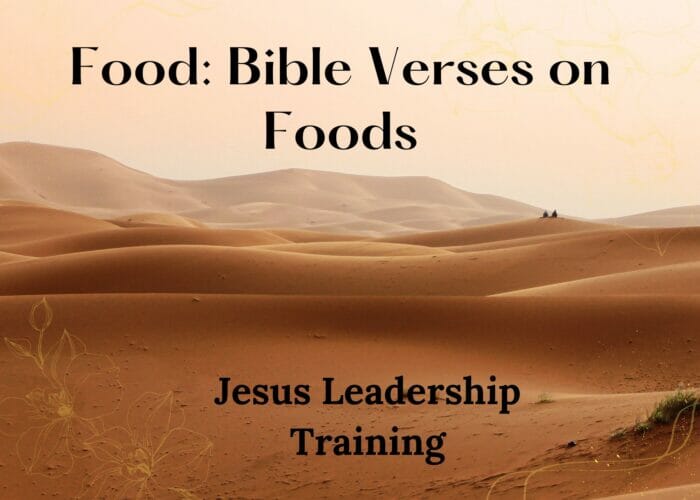Table of Contents
Meats
- Swine: Swine are considered unclean in the Old Testament and are forbidden for consumption. This includes the flesh, the offal, and the milk of pigs.
- Camel: Camels are considered unclean and their consumption is forbidden.
- Rock badger: The rock badger is considered unclean in the Old Testament, and its consumption is forbidden.
- Hare: The hare is considered unclean in the Old Testament, and its consumption is forbidden.
- Conies: The conies, or rock rabbits, are considered unclean in the Old Testament and their consumption is forbidden.
- Abominable creatures: The abominable creatures are considered unclean in the Old Testament, and their consumption is forbidden. This includes creatures such as bats, rats, mice, lizards, and other reptiles.
- Certain birds: The Old Testament lists several birds as unclean and forbids their consumption. These include eagles, vultures, ravens, owls, hawks, cormorants, storks, and others.
- Fish without fins and scales: Fish without fins and scales are considered unclean in the Old Testament, and their consumption is forbidden. This includes shellfish, eels, and catfish.
- Insects: Insects are considered unclean in the Old Testament and their consumption is forbidden. This includes flying insects that walk on all fours, such as the locust, the bald locust, the beetle, and the grasshopper.
- Carrion: The consumption of carrion, or dead animals, is forbidden in the Old Testament.
Vegetables
- Figs: Figs are found throughout the Bible, from Adam and Eve’s fig leaves to the parable of the fig tree. In the New Testament, Jesus often used the fig tree to illustrate a spiritual truth.
- Gourds: Gourds were used for a variety of purposes, including making containers and musical instruments. In the Bible, Jonah sheltered himself in a gourd vine, and Jesus used a gourd as an example of faith.
- Onions: Onions are mentioned throughout the Old Testament and were a common food in the Middle East. Onions were often used in sacrifices and as symbols of strength.
- Cucumbers: Cucumbers were a popular food in Biblical times, and were often served as an accompaniment to a meal, as well as being used as a medicinal remedy.
- Pomegranates: Pomegranates were an important part of the ancient world. They were used for religious ceremonies and often given as gifts. In the Bible, the pomegranate is a symbol of fertility and abundance.
- Lentils: Lentils were a common food in ancient times, and were used in a variety of dishes. In the Bible, lentils were often given to the poor, and were part of the peace offering in the Old Testament.
- Olives: Olives were widely cultivated in the ancient world and were an important part of the diet. In the Bible, olives represented peace and were often used in religious ceremonies.
- Grapes: Grapes were an important part of the ancient world, and were used to make wine, as well as being eaten as a food. In the Bible, the grapevine is a symbol of God’s blessing and abundance.
- Turnips: Turnips were a popular food in ancient times, and were often served as a side dish. In the Bible, turnips were often used as a metaphor for the condition of the soul.
- Carrots: Carrots were cultivated in the Middle East, and were a common food in Biblical times. Carrots were often used as an offering to God, and were a symbol of fertility.
Fruits
- Figs – Figs are mentioned several times in the Bible, most notably in the story of Adam and Eve in the Garden of Eden. Figs were a common source of food and were often dried and stored for later use. Figs were seen as a symbol of fertility and abundance, and were also used to make wine.
- Grapes – Grapes were a staple crop in the Middle East and were widely used in the Bible. Grapes were used to make wine, raisins, and other foods. Grapes were also used to make vinegar and grape juice, which was often used as a medicinal remedy.
- Pomegranates – The pomegranate was a symbol of fertility and abundance, and was often seen as a sign of good luck. The Bible mentions pomegranates several times, most notably in the stories of Adam and Eve and the Tower of Babel. Pomegranates were used to make wine and were also eaten fresh as a snack.
- Olives – Olives were a common source of food in the Middle East, and were often used to make oil. In the Bible, olives were often used as a symbol of peace and prosperity. Olives were also used to make soap and were even used to anoint kings.
- Apples – Apples were a common source of food in the Middle East and were mentioned several times in the Bible. Apples were a symbol of knowledge, and were also often seen as a sign of good luck. Apples were used to make cider and other beverages, as well as being eaten fresh.



